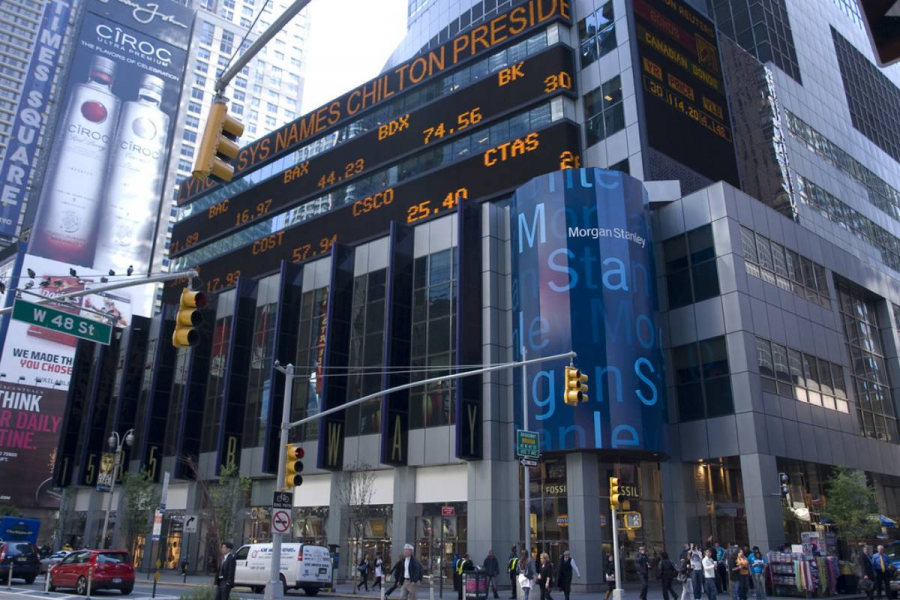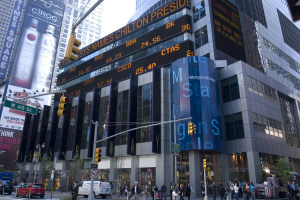Morgan Stanley lowers Macau GGR forecast for 2022

Morgan Stanley has lowered its predictions for Macau’s gross gaming revenue in 2022 due to travel restrictions and the upcoming changes to Macau’s gaming laws.
Macau.- Morgan Stanley Banking Group has lowered its estimate of Macau’s gross gaming revenue (GGR) for 2022 by 30 per cent to US$15bn. According to analysts, the market has seen an intermittent recovery, but travel restrictions and regulatory uncertainty will remain in the first half of 2022. They have also reduced their estimate for 2023 by 20 per cent to US$26bn.
The group now predicts that casino GGR in 2022 and 2023 will reach 42 per cent and 70 per cent of pre-pandemic levels in 2019, respectively. They forecast that Macau casino earnings before interest, taxes, depreciation and amortization (EBITDA) will fall by 40 per cent and 8 per cent in 2022 and 2023, respectively, to US$3.81bn and US$8.31bn.
Analysts stated that in the next three months Macau must publish a public consultation report on the review of Macau’s gaming legislation; a draft of the new gaming law and the approval of the bill by the city’s legislative assembly.
They said: “Each of these events will provide clarity even if we expect a temporary extension of licence renewals beyond June 2022.”
Casino operators are awaiting a renewal of Macau’s six gaming concessions as the current casino licences will expire in June 2022. The current city’s gaming laws state that licences can be extended for up to five years from the original 20-year term.
Authorities predict GGR of US$16.2bn for 2022
While preparing next year’s fiscal budget plan, in November the government of Macau predicted that GGR for 2022 would be MOP130bn (US$16.2bn), half that seen before the Covid-19 pandemic. Authorities forecast that the city would continue to run a fiscal deficit and would face “great uncertainty” amid the continuing impact of the pandemic.
In the budget plan, the government estimated that gaming tax income will reach MOP45.5bn in 2022. The government said it would use the city’s accumulated fiscal reserves to support expenditure on social welfare and public infrastructure projects.








